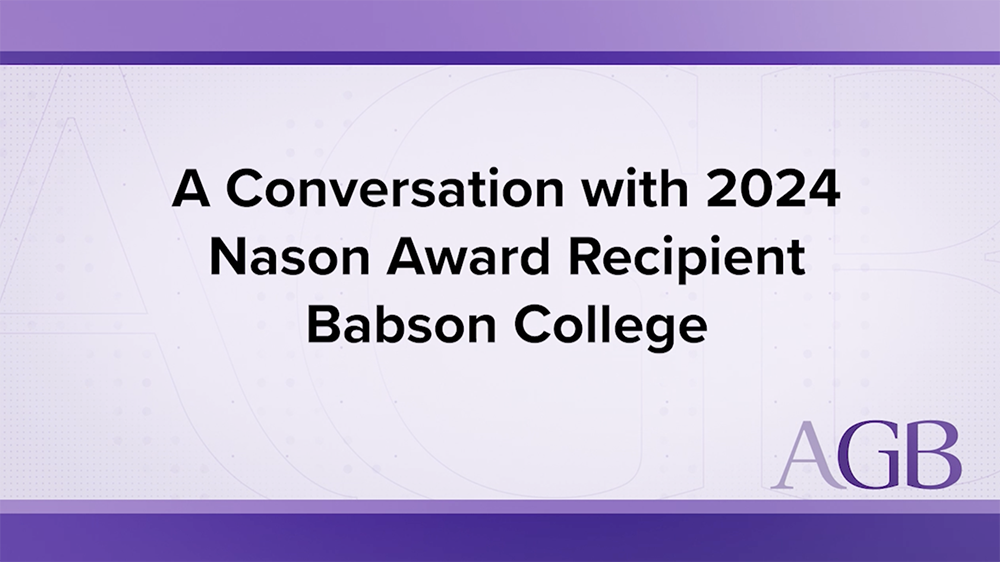
For boards that go beyond.
Now, more than ever, we need boards that provide effective, thoughtful, and courageous oversight that advance their institutions in ways that truly matter. The Association of Governing Boards of Universities and Colleges seeks to recognize higher education governing boards that have demonstrated innovation and exemplary leadership by rewarding them with the AGB John W. Nason Award for Board Leadership.
Serving at the pinnacle of excellence, these are boards that go above and beyond what boards should do, and instead take board-driven measures to advance their institutions in ways that truly matter.
Congratulations to the 2026 award recipients.
Learn more about the award recipients in the press release.
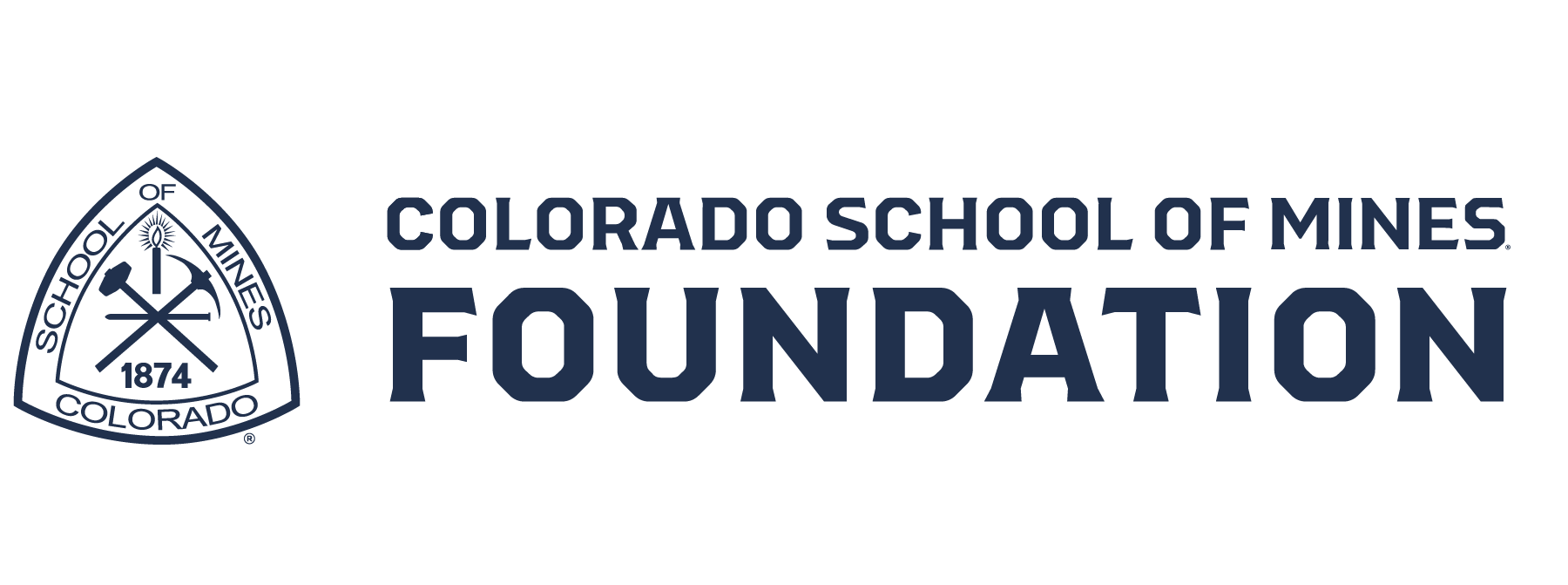

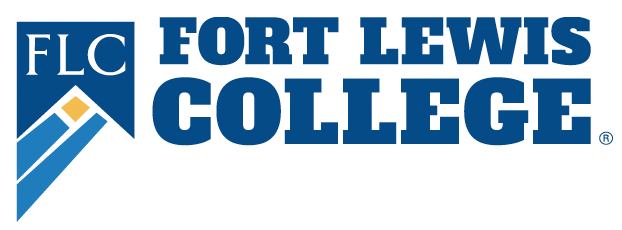
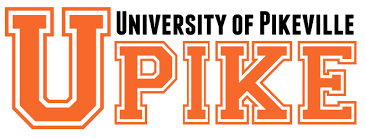
Demonstrating boardroom excellence.
Each year, recipient boards display one or more of the following actions. Nominations are judged by a distinguished panel, which includes current and former public and private institution presidents, board members, and foundation leaders.
Exceptional leadership and initiative
Distinct contributions to strengthening governance and trusteeship
Unusual courage in the face of difficult circumstances
Significant achievement that benefits the institution, system, or foundation
Learn about 2023-2024 Nason Award Recipients Babson College and University of Wisconsin–Eau Claire Foundation
How to apply
Submission Process and Deadline
Applications for 2025-2026 are CLOSED.
Contact awards@AGB.org with any questions.
Please feel encouraged to download this last year’s submission guidelines and begin thinking about your submission for next year!
Eligibility and Selection
Eligibility
Governing and coordinating boards—not individual board members—may claim eligibility. Any AGB member college, university, foundation, system, or coordinating board is eligible. Either a current member of the board or a professional administrator who works with the board may submit a nomination.
Selection Process
In the fall, AGB will convene a diverse panel of judges consisting of current and former higher education governance leaders from a variety of institutions and a variety of backgrounds. The distinguished panel will review qualified nominations, evaluate them based on the provided criteria, and select recipients.
All nominees will be individually notified of their selection status around the new year. A public press release of award recipients will be issued shortly thereafter.
Click here to download the application form from the nomination period for 2025-2026.
Please be aware that nominations for 2025-2026 are CLOSED.
Award Details
Awards are given annually to up to six boards and are typically distributed evenly among public, private or proprietary, and institutionally-related foundation boards.
Winners will be:
- Recognized at a plenary session at AGB’s National Conference on Trusteeship in April, or the Foundation Leadership Forum in January (foundation boards only), attended by hundreds of board members and top administrative leaders from around the world, and will receive three complimentary event registrations.
- Highlighted across AGB’s publications, including features in Trusteeship magazine and on AGB.org.
Frequently Asked Questions
Who may be nominated for this award?
Any board that is a member in good standing with the Association of Governing Boards of Universities and Colleges is encouraged to nominate themselves for this award.
Current and Past Recipients
2025 – 2026
Colorado School of Mines Foundation Board of Governors
The Evergreen State College Foundation Board of Governors
Fort Lewis College Board of Trustees
University of Pikeville Board of Trustees
2024 – 2025
University of Tulsa
Metropolitan State University of Denver
Notre Dame of Maryland University
Northern Arizona University Foundation
Tennessee Technological University Foundation
2023 – 2024
Babson College
Oakton College Educational Foundation
Saint Peter’s University
University of Wisconsin–Eau Claire Foundation
2022 – 2023
Colorado Mountain College
Holyoke Community College Foundation
Texas Christian University
Utah State University Foundation
Xavier University of Louisiana
2021 – 2022
Adler University
Community College of Rhode Island Foundation
Pennsylvania’s State System of Higher Education
Southern California University of Health Sciences
The University of Memphis
Virginia Commonwealth University
2020 – 2021
American University of Beirut
Colorado State University Foundation
Diné College
Franciscan Missionaries of Our Lady University
University of Tennessee System
University of Vermont Foundation
2019 – 2020
Anne Arundel Community College
Arizona State University Enterprise Partners
Loyola Marymount University
McDaniel College
Parker University
Southern Oregon University
2018 – 2019
Furman University
Haverford College
Kansas State University Foundation
St. John’s University
Miami University
Youngstown State University
2017 – 2018
Agnes Scott College
Augsburg University
California State University System
Ohio University
Unity College
2016 – 2017
Beacon College
CETYS University
The College of William & Mary Foundation
The Ohio State University
Whittier College
2015 – 2016
Chatham University
Maricopa County Community College District
Metropolitan State University of Denver
Mitchell Hamline School of Law
Randolph College
University of North Georgia Foundation
About John W. Nason
John W. Nason (1905–2001) was a higher education leader who served as a pioneer on behalf of the importance of effective good governance. He began his professional life as a philosophy professor and went on to serve as president of Swarthmore College and Carleton College, as well as the president of the Foreign Policy Association. He honored AGB by serving as the director of its Commission on the Future of College and University Trusteeship and made immense contributions to the field of higher education governance and boards, including authoring seven books—two of which are seminal works on the role and responsibilities of college and university board members. Perhaps his greatest accomplishment was serving as chairman of the National Japanese American Student Relocation Council during World War II. Resisting widespread prejudice and rejecting the disruption of higher education for thousands of students, Mr. Nason negotiated the release of interned Japanese-American students and persuaded higher education institutions to allow them to continue their studies. Under his guidance, the council matched more than 4,000 students with campuses across the nation.


